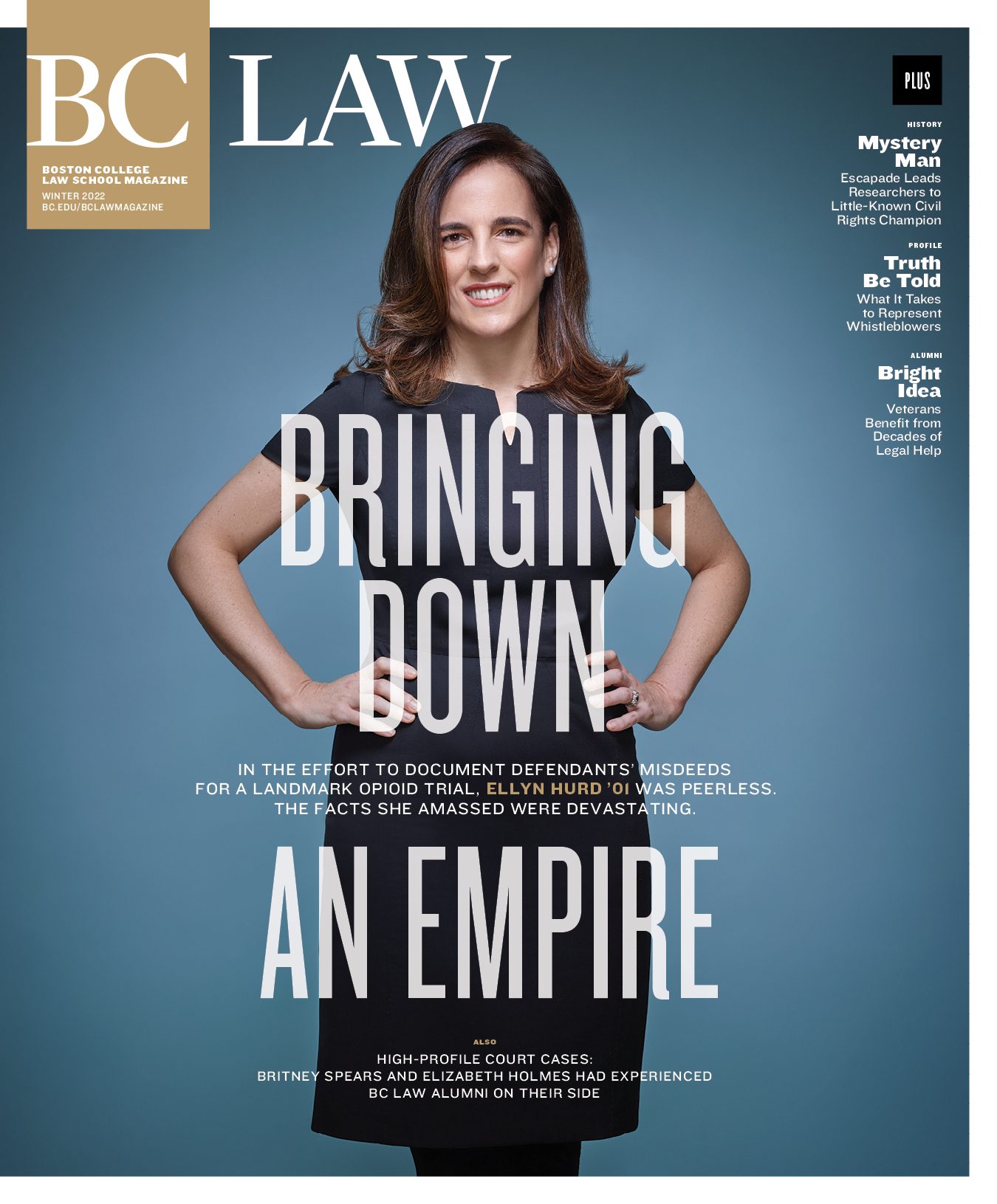Joseph P. Liu and Alfred C. Yen authored Copyright Law, Essential Cases and Materials (4th Ed.), American Casebook Series. According to publisher West Academic, the casebook selectively focuses on the major cases, doctrines, ideas, and theories. “The result is a streamlined and well-organized casebook…that keeps the central themes of copyright front and center.”
David Wirth, as co-author, addressed emissions trading in Climate Law and hazardous substances and activities in The Oxford Handbook of International Environmental Law. He also wrote the chapter, “Scientific experts in WTO dispute settlement,” in Trade and Environmental Law in which he discusses actions that, he says, have counterproductively tended to undermine scientific integrity.
Shu-Yi Oei and Diane M. Ring, writing in Alabama Law Review, examine how increasingly ubiquitous data and information affect the role of “slack” in law, defined as the informal latitude to break the law without sanction. “Slack is important in allowing flexibility and forbearance in the legal system, but it also risks enabling selective and unevenenforcement,” they write in “‘Slack’ in the Data Age.”
Daniel Farbman, in the Cardozo Law Review article “An Outrage Upon Our Feelings: The Role of Local Governments in Resistance Movements,” responds to Trump opponents’ observation after the 2016 election that local governments and local power would be the best tools to resist his policies. Farbman’s research takes him back to acts of local resistance dating to the 1850s and the Fugitive Slave Act.



